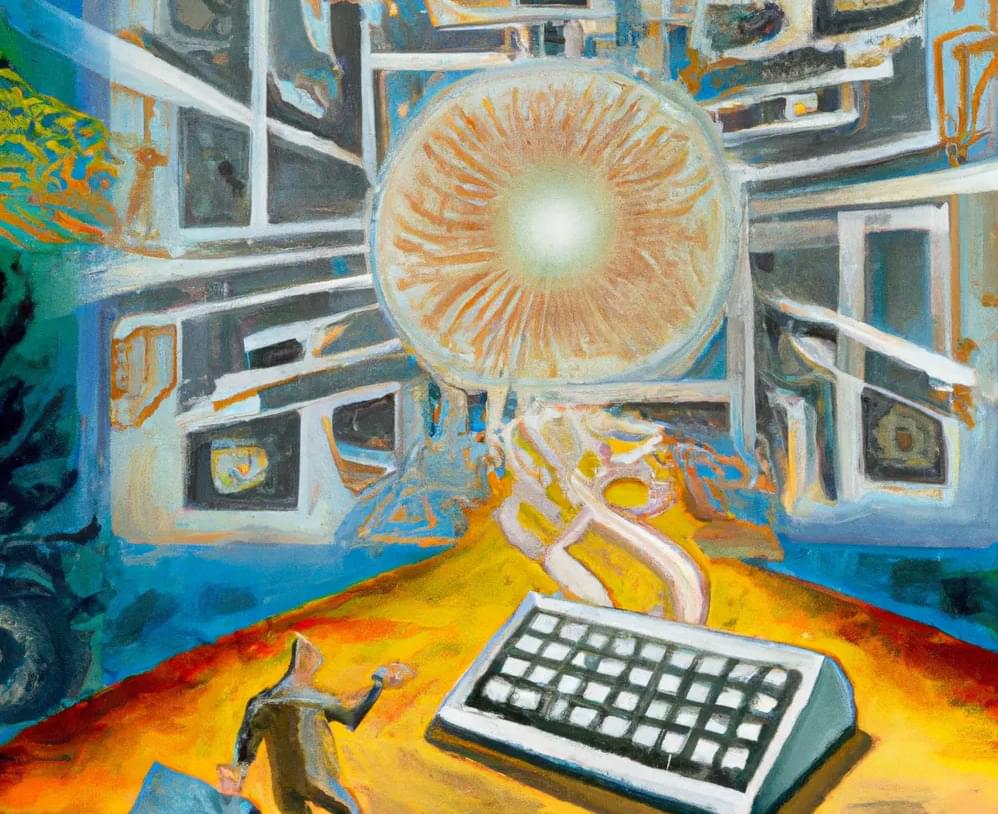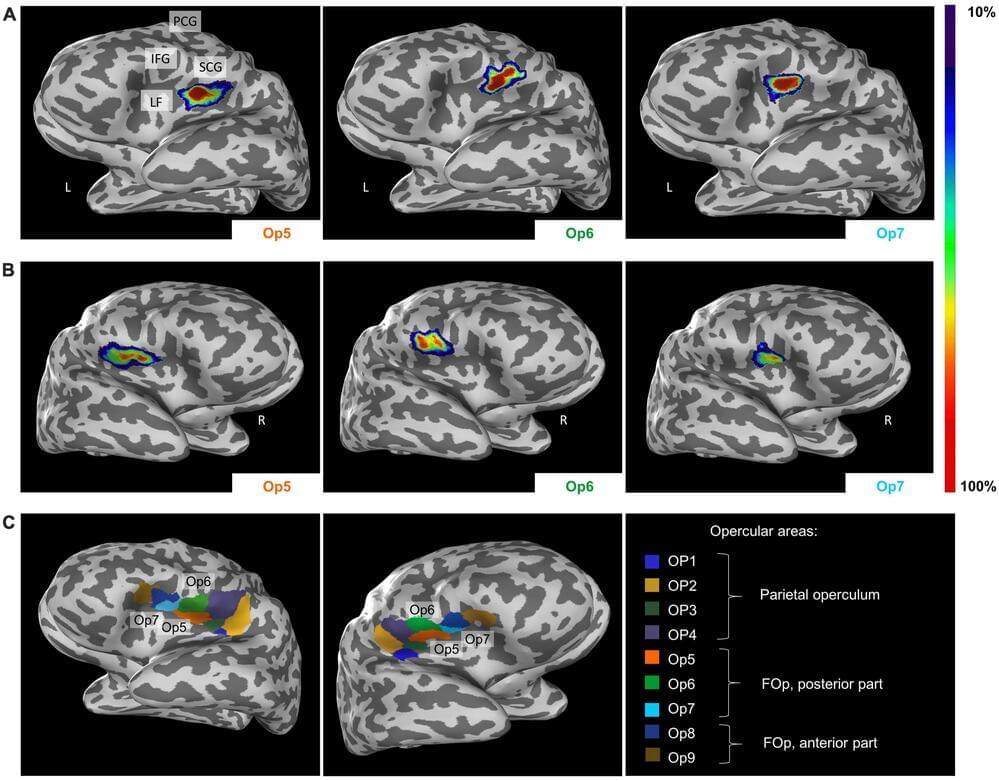How To Own Yourself (Jungian Philosophy)
Skip the waitlist and invest in blue-chip art for the very first time by signing up for Masterworks: https://masterworks.art/philosophies.
Purchase shares in great masterpieces from artists like Pablo Picasso, Banksy, Andy Warhol, and more. 🎨 See important Masterworks disclosures: http://masterworks.io/cd.
In this video we will be talking about how to own yourself from the philosophy of Carl Jung. He found his own school of psychology, called analytical psychology and his philosophy is dubbed as “Jungian philosophy”. Within the field of psychology, Jung is famously known for introducing the terms ‘introvert’ and ‘extravert,’ introducing archetypes of the psyche and classifying the boundary between the unconscious and conscious. Our consciousness includes everything that we know about ourselves; the unconsciousness entails everything that is part of us but that we are not aware of. Jung introduced ‘the ego’ and ‘the persona’ as our consciousness, and ‘the shadow’ and ‘the animus and anima’ as the parts that make up our unconsciousness. The shadow is one of the toughest, most intimidating parts to handle: it exists out of everything about ourselves that we dislike, which is why we often refuse to acknowledge it as a part of us. However, what many people don’t know is that not facing the shadow can be an even more intense blow on your self-esteem. But facing it is actually the only way to gain true control over yourself and who you are.
Which is why in this video, we will teach you how you can truly own yourself by doing so-called shadow work in 3 easy steps, from the philosophy of Carl Jung.
Step 1 — Meet Your Shadow.
Step 2 — Accept Your Shadow.
Step 3 — Integrate Your Shadow.
I hope you enjoyed watching the video and hope that this wisdom on owning yourself from the philosophy of Carl Jung will be helpful in your life.
Carl Jung, together with Sigmund Freud and Alfred Adler, is one of the 3 founders of psychoanalysis which is a set of psychological theories and methods aiming to release repressed emotions and experiences — in other words, to make the unconscious conscious. Jung was born in Switzerland in 1,875 and died in 1961, leaving behind great works in the fields of psychiatry, anthropology, archaeology, literature, philosophy, psychology and religious studies. Jung had Freud as a mentor for a good part of his career but later he departed from him. This division was painful for Jung and it led him to found his own school of psychology, called analytical psychology as a comprehensive system separate from psychoanalysis. If classical psychoanalysis focuses on the patient’s past, as early experiences are very important in personality development, analytical psychology primarily focuses on the present, on mythology, folklore, and cultural experiences, to try to understand human consciousness. One of the most important ideas of analytical psychology which Jung founded is the process of individuation, which is the process of finding the self — something Jung considered an important task in human development. While he did not formulate a systematic philosophy, he is nonetheless considered a sophisticated philosopher — his school of thought dubbed “Jungian philosophy”. Its concepts can apply to many topics covered in the humanities and the social sciences. A good part of his work was published after his death and indeed there are still some articles written by him that to this day have yet to be published. Some of his most important books are: “Psychology of the Unconscious”, “Man and His Symbols”, “The Archetypes and The Collective Unconscious”, “Modern Man In Search of a Soul”, “The Psychology of the Transference”, “Memories, Dreams, Thoughts”, and “The Relations Between the Ego and the Unconscious”. Besides being a great writer and a researcher, he was also an artist, a craftsman and even a builder. His contribution is enormous and there is a great deal we can learn from his works.
Research/Writing: Lisa Hentschke.
Narration/Audio Editing: Dan Mellins-Cohen.








